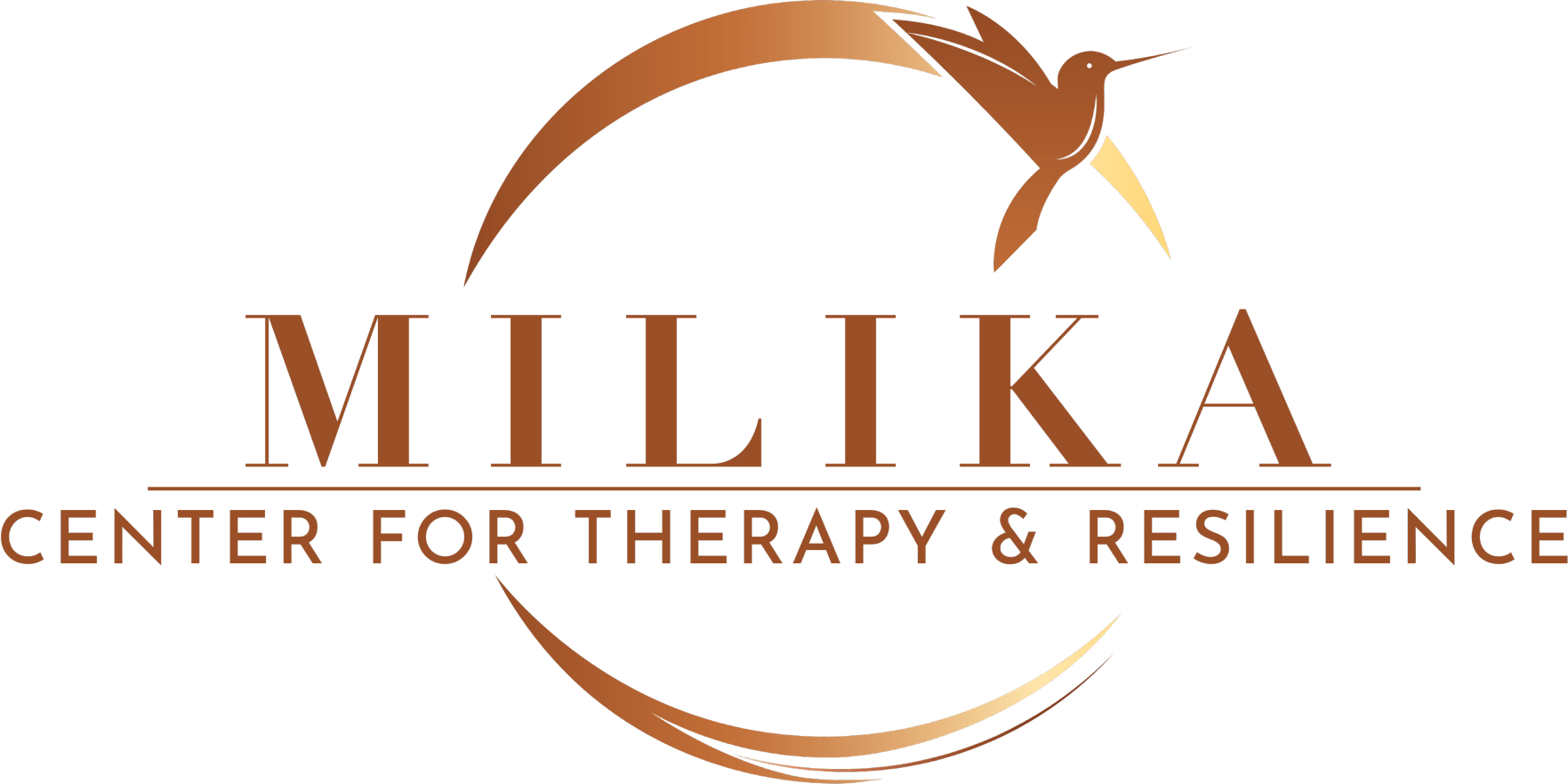MILIKA CENTER FOR THERAPY & RESILIENCE
Resilience Training for Physicians
Offering in-office sessions in Encino, CA and virtual sessions across California.

Why Resilience Matters
RESILIENCE SKILLS TRAINING FOR PHYSICIANS IN ENCINO, CA AND ONLINE ACROSS CALIFORNIA
What is the Resilience Skills Training Program for Physicians?

Physicians will learn to recognize their personal strengths and vulnerabilities, understand their emotional triggers and responses, and develop effective emotional regulation strategies.
Common Factors Hindering Physician Resilience
High Stakes Decision-Making
The weight of making life-or-death decisions daily, with little room for error, can lead to chronic stress and anxiety.
Emotional Demands of Patient Care
Managing patients' emotions, empathizing with their suffering, and maintaining a compassionate demeanor can be emotionally exhausting.
Long Hours and Shift Work
Managing patients' emotions, empathizing with their suffering, and maintaining a compassionate demeanor can be emotionally exhausting.
Bureaucratic Tasks and Administrative Burdens
Excessive paperwork, regulatory requirements, and administrative tasks can divert time and energy away from patient care, leading to frustration and burnout.
Exposure to Trauma and Suffering
Witnessing patients' trauma, pain, and suffering can lead to compassion fatigue, secondary trauma, and emotional numbing.
Lack of Control and Autonomy
Micromanaging, rigid protocols, and limited decision-making authority can erode confidence, motivation, and job satisfaction.
Common Consequences of Low Physician Resilience

What is the Difference Between Resilience Skills Training & Therapy?
While both resilience skills program and therapy aim to promote psychological well-being, they differ in their purpose, scope, goals, approach, and target audience.
Purpose
Resilience skills training program is primarily designed to equip individuals with practical techniques and strategies to enhance their resilience in coping with stress, adversity, and challenges
Therapy aims to address psychological issues, emotional distress, mental health disorders, and interpersonal difficulties through various therapeutic interventions.
Scope
Resilience skills training program is typically delivered in a structured format over a limited number of sessions (e.g., about 10 sessions), emphasizing skill acquisition and practical application in everyday life.
Therapy can be short-term or long-term depending on the complexity of the issues being addressed, involving in-depth exploration, processing of emotions, and ongoing support tailored to the individual's needs.
Goal
Both aim to promote psychological well-being, but they differ in their specific goals.
Resilience skills training focuses on building individual capacity to bounce back from setbacks, manage stress effectively, foster positive thinking patterns, and maintain overall well-being.
Therapy aims to alleviate symptoms of psychological distress, improve emotional regulation, enhance self-awareness, promote insight into behavioral patterns, and facilitate personal growth and healing by addressing underlying emotional issues and mental health concerns.
Approach
Both incorporate evidence-based approaches; however:
Resilience skills training is psychoeducational in nature, with skill-building exercises, as well as cognitive-behavioral and mindfulness strategies integrated to foster adaptive coping mechanisms and enhance resilience.
Therapy does a deeper dive into evidence-based therapeutic modalities such as cognitive-behavioral therapy (CBT), interpersonal therapy, dialectical behavior therapy (DBT), or others tailored to address specific mental health concerns and promote emotional well-being.
Target Audience
Resilience training is often targeted at the general population seeking to enhance their ability to cope with life stressors and improve overall resilience.
Therapy is tailored to individuals experiencing specific mental health challenges, such as depression, anxiety, trauma, or relationship issues.
![[Editable version] Copy of Kanchi Wijesekera_90 Minute Wireframe (2) [Editable version] Copy of Kanchi Wijesekera_90 Minute Wireframe (2)](https://www.milikacenterfortherapyandresilience.com///wp-content/uploads/2024/05/Editable-version-Copy-of-Kanchi-Wijesekera_90-Minute-Wireframe-2.png)
ABOUT US
Why Work With Milika Center For Therapy & Resilience
Here at Milika Center for Therapy & Resilience, we understand that seeking help for mental health concerns is a courageous and transformative step.
Whether you're facing stress, anxiety, depression, significant life changes, or are on a quest for personal growth, know that you are not alone. Our team is here to offer support and expert guidance every step of the way. Together, we can work towards building unshakable resilience, fostering self-awareness, and unlocking the potential for positive change.
As the MILIKA Founder and Clinical Director, I am committed to fostering a safe and nurturing environment where individuals can embark on their journey towards healing and personal growth.
Thank you for choosing us as your partner in your mental wellness journey. We are so honored and excited to be here for you and help you unleash your inner resilience!
Warmest Regards,
Dr. Kanchi
Meet The Team

Clinical Director
Kanchi Wijesekera, Ph.D.

Clinical Psychologist
Venus Mirbod, Psy.D.

Care Coordinator
Hailee Strong, M.A.
Physician Resilience Matters at MILIKA.
By prioritizing resilience, physicians can safeguard their well-being, optimize their performance, and deliver exceptional patient care. In today's fast-paced healthcare environment, resilience is not just a nicety, but a necessity.
If you're looking to cultivate resilience and thrive in your personal life and in medicine, consider reaching out to MILIKA for curated resilience skills training sessions.
Our expert-led programs are tailored to meet the unique needs of physicians, empowering you to build a robust and adaptable mindset, navigate challenges with confidence, and achieve a fulfilling career and life.
Contact MILIKA today for a free 20-minute consultation to learn more and take the first step towards unlocking your full potential.

Ready to get started?
Ready to get started? Start your journey towards resilience and mental well-being today by contacting us to schedule a consultation.
